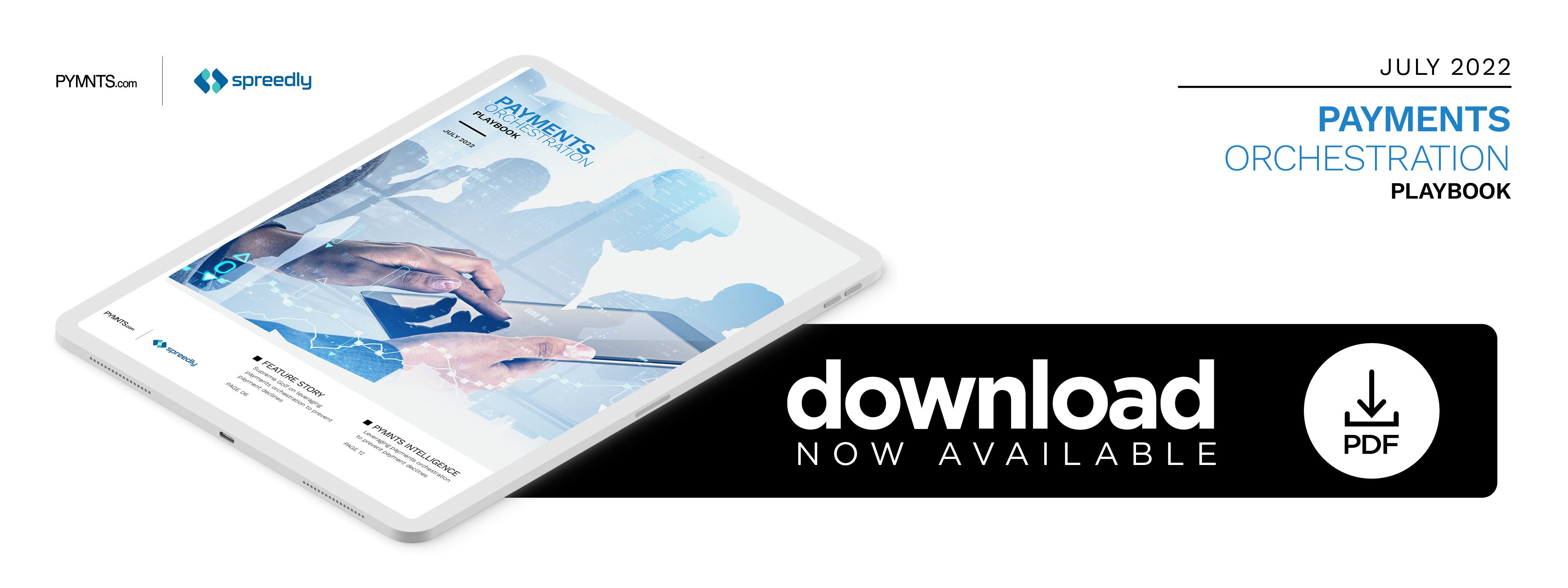Supreme Golf on Leveraging Payments Orchestration to Prevent Payment Declines

When payment gateways go down, transaction declines go up and customers’ frustrations and defections aren’t far behind. In the latest “Payments Orchestration Playbook,” Ryan Ewers, COO at digital tee-time platform Supreme Golf, tells PYMNTS how important orchestration is in keeping declines to a minimum and revenue above par.
Digital payments are gaining primacy as both consumers and businesses continue to trade time-consuming paper checks in favor of fast and convenient electronic transactions. This shift has been granted more urgency by the pandemic, which saw consumers and organizations move online in record numbers as brick-and-mortar retail slowed to a crawl.
The digital transformation has not been without its challenges, however. Payment declines, in particular, can happen for dozens of reasons, and their sheer inconvenience can doom both single transactions and entire customer life cycles.
“Payment declines can be the end of the relationship,” Ryan Ewers, chief operating officer of tee-time booking website Supreme Golf, told PYMNTS in a recent interview. “That’s the worst-case scenario for us: A person wants to book a tee time, the payment declines for whatever reason and they may never come back.”
Preventing these payment declines is a key priority for any organization, either business- or consumer-facing. Supreme Golf leverages payments orchestration systems to ensure that payments are processed without issue, preventing relationship-damaging declines.
Causes and Effects of Payment Declines
Payment declines can occur through the fault of the consumer, the business or a payment gateway unrelated to either of them. A consumer might not have enough money in the account and the payment is rejected rather than going into overdraft, or there could be an errant security check on the merchant’s part that rejects a legitimate payment.
“The reasons cards decline are all over the place,” said Ewers.
The most frustrating decline occurs when a payment gateway is down and the customer’s card is rejected without explanation. This can have a chilling effect on the relationship, as many customers would rather find a new business than attempt to troubleshoot their current one — especially first-time customers.
“People who may have first booked with us two or three years ago, if they have a payment decline, might be more active [about giving us] a second chance,” said Ewers. “But if it’s a first-time user coming in and we have a card decline, that can be very detrimental to our business.”
Attempting to solve payment gateway issues unilaterally can be an expensive and difficult undertaking for businesses. Payments orchestration solutions are a much more cost-effective means of preventing payment declines.
Keeping Declines at Bay
Payments orchestration systems facilitate the “last mile” of digital payments, when a customer has already submitted payment details and the back-end system connects to a payment gateway. Smoothing this process results in fewer payment declines and a vastly reduced workload for payments staff.
“What [payments orchestration] has done for us is removed that barrier and really opened up our capability for our business guys,” Ewers explained. “We’re growing because we are able to take care of our clients and our customers and charge those credit cards because [golf] memberships are all about recurring billing. It all comes down to being able to accept that payment.”
This type of seamless integration would have been next to impossible for the company without the help of third-party payments orchestration providers, he said. Relying on in-house staff for this operation would have been needlessly costly, taking energy and resources away from value-add propositions.
“If we don’t use a third party, we have to build that integration [ourselves], and obviously that’s expensive and time-consuming,” said Ewers. “But now we’re in an environment where we can leverage this payments orchestration and make sure that we are able to charge through the right gateway. We don’t really have any complaints [from customers]; everything seems to work pretty well.”
This positive customer relationship is critical for the long-term growth of any business, particularly one that relies on recurring digital payments. Removing obstacles — such as payment declines — that could harm this relationship will be a top priority for businesses as the digital shift continues. Payments orchestration is a key tool for making that happen.
